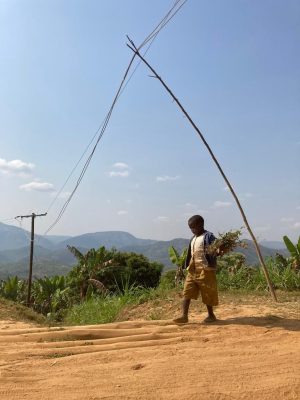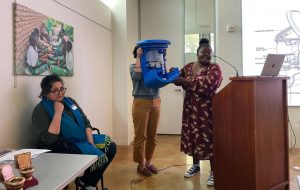What if urine, something you flush away without a second thought everyday, could actually be useful? William Tarpeh, a UC Berkeley and Blum Center-supported Environmental Engineering PhD student is researching this very idea. Will spends most of his day extracting the nitrogen from pee to transform it into liquid fertilizer. Recently, Will partnered with Sanergy, a company building toilets in the slums of Nairobi, Kenya. Sanergy collects feces for use in fertilizers, but before working with Will, they were disposing of thousands of liters of urine each day. On a small scale, Will is able to turn urine into fertilizer very easily. The challenge is how to scale up and easily convert large amounts without raising the cost too much.
Special thanks to our partners at Seeker. Seeker features adventurers, explorers, and storytellers who take a deep look at some of the most unique and provocative stories, designed to expand our perspective and build our awareness of the world. Through the lens of world, science and exploration, Seeker’s award-winning journalism team covers current events and global issues through daily programming and field documentaries.




